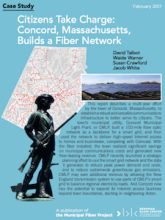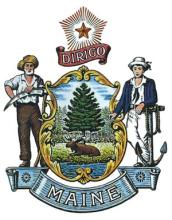ECFiber Connecting Rural Vermonters To The Speed They Need - Community Broadband Bits Podcast 251

We’ve been covering the East-Central Vermont Community Fiber-Optic Network (ECFiber) since 2009; it has come a long way from inception. ECFiber is a group of rural Vermont towns that are working together to deploy a regional network to offer high-quality Internet access to communities typically stuck with slow, unreliable connections such as DSL and dial-up. In this episode, Christopher talks with Carole Monroe, CEO of ValleyNet, and Irv Thomae, District Chairmen of ECFiber’s Governing Board. The not-for-profit ValleyNet operates the ECFiber network.
The organization has faced ups and downs and always seemed to overcome challenges. It began with funding from individual local investors who recognized the need to bring Fiber-to-the-Home (FTTH) to the region. Now, the organization is characterized as a “communications union district,” which creates greater funding flexibility and stability.
In this interview, Carole and Irv talk about the new designation and the plans for bringing the network to the communities that are clamoring for better Internet access. They also get into recent developments surrounding overbuilding by DSL provider FairPoint, a project funded by CAF II subsidies. We hear how ECFiber is bringing better connectivity to local schools and helping save public dollars at the same time and we find out more about the ways Vermonters in the eastern rural communities are using their publicly owned network.
This show is 29 minutes long and can be played on this page or via Apple Podcasts or the tool of your choice using this feed.
Transcript below.
We want your feedback and suggestions for the show-please e-mail us or leave a comment below.
Listen to other episodes here or view all episodes in our index. See other podcasts from the Institute for Local Self-Reliance here.
Thanks to Arne Huseby for the music. The song is Warm Duck Shuffle and is licensed under a Creative Commons Attribution (3.0) license.







